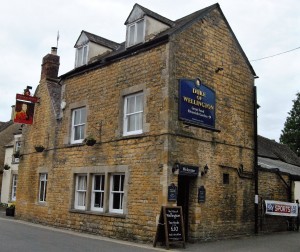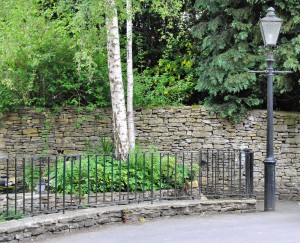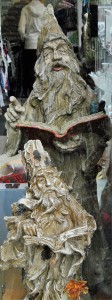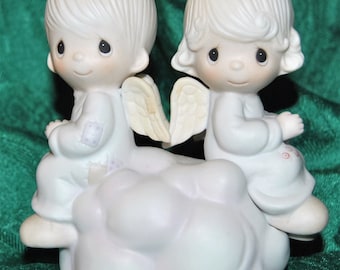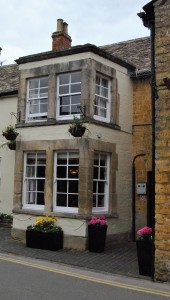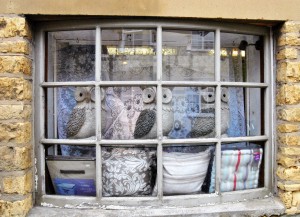I thought I’d start out with a Pub (still in Bourton-on-the-Water in Cotswald) THE DUKE OF WILLINGTON that features something we’re going to look at today…But I’ll explain that soon…..and of course we’ll have Jamie guarding the rear (that boy can guard my rear or front any time he wants…and I wouldn’t mind him searching the property) …..oops outa here.
Oh and you can all start celebrating the holiday now—we got our tree today–a beautiful one from Michigan…..the same company comes to Longwood every year and I buy a tree from them. The tree has been watered and I’m letting it absorb the water and the tree preserver stuff before I decorate tomorrow…Can’t wait love to do the tree.
By the way the quotes today are from THE PLANTAGENET CHRONICLES Edited by Elizabeth Hallam
“…these men were highly effective in playing complex political games, and gradually built up a strong power base through a mixture of warfare, diplomacy and good marriage alliances.”
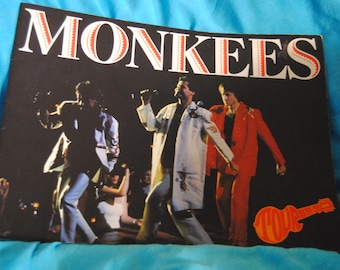 MONKEES Hey Hey 1989 Tour PROGRAM Tour without Mike Nesmith $4.99
MONKEES Hey Hey 1989 Tour PROGRAM Tour without Mike Nesmith $4.99
https://www.etsy.com/listing/253775443/monkees-hey-hey-1989-tour-program-tour?ref=shop_home_active_1

So what is passing thru this maze of useless information that forms what I call a mind for my presentation to you today? Well it probably won’t surprise you that I’m reading the book that the quotes are coming from today and in doing so I came to some realizations…though I have been a student of history there are so many things I do not know about so many details which would or should be obvious—things I should know, so this week that’s what we’re going to look at and today it’s about Royalty.
First most of us know that the King and some times the Queen…Both Mary I (daughter of that crazy Henry that we have heard so much about lately) and Elizabeth I ruled in their own right…Mary did have a husband, Phillip a Spaniard and Catholic which didn’t necessary endear them to the people of England and Elizabeth who was single—whether she was a virgin queen or not will probably be debated until the isles of the UK sink into the sea. And Elizabeth was such a good name it’s been redone with a queen who was both married and fertile and who still reigns over my favorite place in the entire world.
Oh and there was another Mary—her full name was Victoria Mary Augusta Louise Olga Pauline Claudine Agnes May—-she at the arrangement of his grandmother, Queen Victoria, first married Albert and when he died Victoria arranged for her to marry her second grandson George and eventually they fell in love, had a large family and took the throne of England in 1910 though she was just a Queen Consort and didn’t get a number. Hint I never knew that bit about the two husbands—the Royals seem to manage to stay interesting even in a less than favorite period of mine


“The Fortunes of the house of Anjou were founded on the prowess of Ingelagar, a semi-legendary soldier of fortune who carved out an estate for himself in the Loire valley.”

OK we know about Queens and Kings…kinda but how are they different from Emperors for instance. Well Emperors are those that rule an Empire (DUH) and an empire is a group of countries controlled by one ruler–while a King is the ruler of one Country…the picture of Henry II who was a king. When Henry eventually became King he ruled England (but not Scotland or Wales) and a couple of areas of France–but not the whole country so he was yep a KING….
Henry’s mother Matilda, who was suppose to rule England but who’s cousin Stephen held the throne and his 19 years ruling–again as a king—was a time of civil war and total unrest in the realms of France and the total of England with invasions into other countries on the British Isle as well.
Oh by the way Matilda was once an Empress—of the Holy Roman Empire: “The Holy Roman Empire (Latin: Sacrum Imperium Romanum) was a multi-ethnic complex of territories in central Europe that developed during the Early Middle Ages and continued until its dissolution in 1806.[7] The largest territory of the empire after 962 was the Kingdom of Germany, though it also came to include the Kingdom of Bohemia, the Kingdom of Burgundy, the Kingdom of Italy, and numerous other territories.” https://en.wikipedia.org/wiki/ Holy_Roman_Empire But when her husband died leaving her childless, the kingdom was taken over by an enemy of her husbands and she went to France where she married the first Plantagenet and began a war with Stephen that would eventually result in Henry VII becoming the English king.


In the great age of European monasticism–the 11th and 12th centries–Benedictine monks were the most influential of all practitioners of monastic communities.
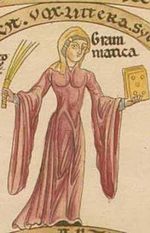


Next in the line came the Princes: These were the sons of the monarch…the eldest being the crown prince who was expected to rule the country (princesses usually came after princes and rarely ruled–even when the late king ruled that it would be so as in the case of Maude we just talked about….but princes could be usurped–as in the case of Richard III and the two sons of Edward IV who went into the tower for protection and never were seen again, with their Uncle and most recently Henry VII’s mother both being put forward as the causation of their disappearance. More recently in Britain the princess if oldest gets the title but that has happened in just the last few years so we have no examples for what will happen there. Elizabeth’s (!) husband was never given the crown…he has always remained a Prince Philip and he I of the royal line…
Next comes Duke….well technically it’s actually the next in rank to the king as the princes are usually called Dukes and they remain that way until they die. It gets very confusing: Let’s look at the Royals today:
You become a prince by being the son of a prince, or princess by being the daughter of a prince or by marrying a prince. So Prince Andrew’s daughters are Princess Beatrice and Princess Eugenie. The Queen’s daughter Princess Anne has the title Princess Royal, but her children Peter and Zara do not have titles. It is traditional that they would have been made a Duke and Duchess or Earl and Countess, but it is understood that Princess Anne asked the Queen not to give her children titles so they could live as private individuals. Prince Edward declined to be made a Duke on his marriage and became Earl of Wessex, so that his wife Sophie is Countess of Wessex. The Royal Family is descended directly from the Anglo-Saxon Kings of Wessex. On their marriage is was announced that their children would not be titled Prince and Princess but as the children of an Earl, so they are Lady Louise and James Viscount Severn. http://www.britroyals.com/faqs.htm
Definition of Duke: 1. A nobleman with the highest hereditary rank, especially a man of the highest grade of the peerage in Great Britain.






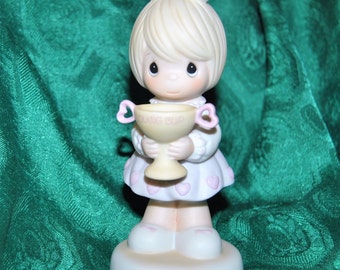
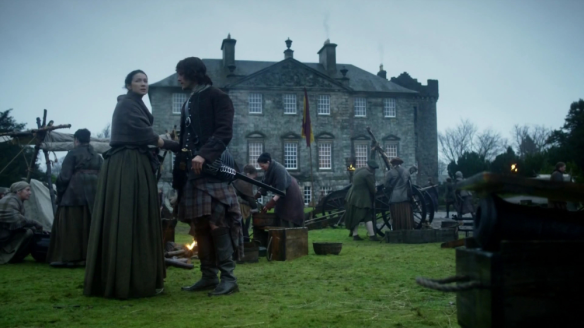

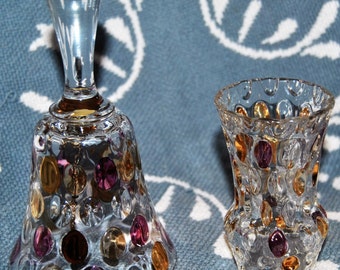 SHINNY GOLD Deorated Clear Glass Bell and Small Vase Set $10.00
SHINNY GOLD Deorated Clear Glass Bell and Small Vase Set $10.00

